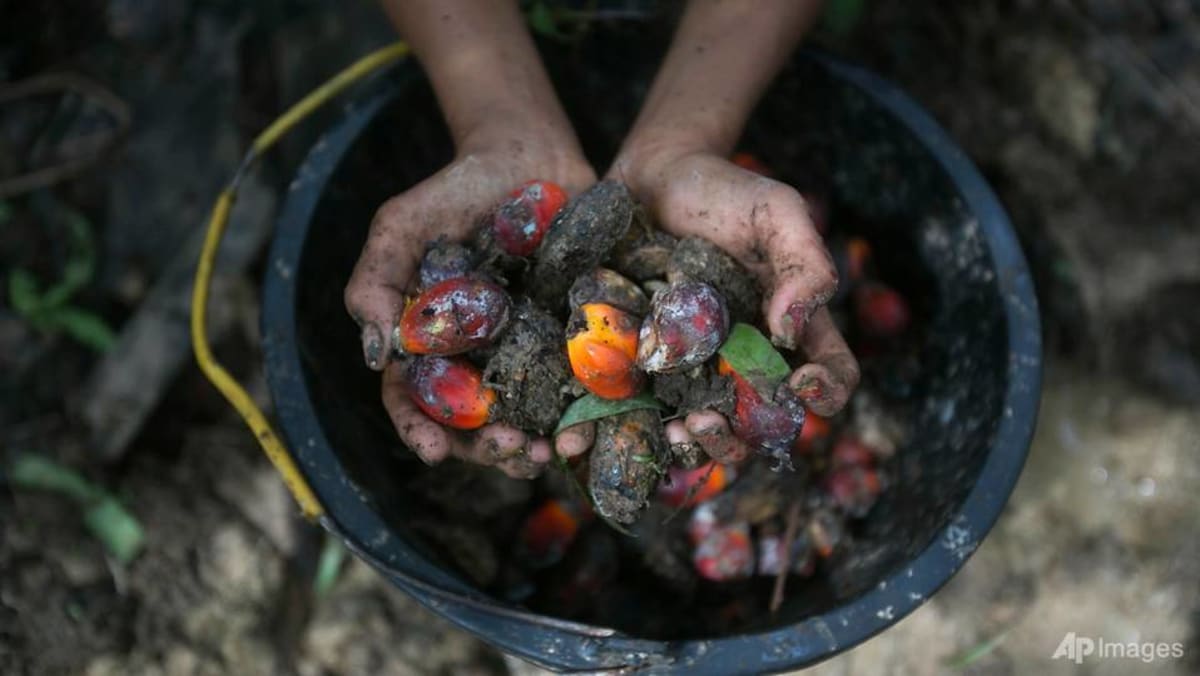Commentary: Malaysia has one competitive edge left if it wants to capitalise on global palm oil shortage
Among Malaysian states, Sabah has taken the lead in driving both MSPO and RSPO certifications for the state. Sabah intends to use the MSPO standard to prepare the groundwork for RSPO jurisdictional certification, a process that may lead to more international recognition.
Under Sabah’s jurisdictional approach, certification goes beyond the standard production process by bringing together government, private sector and civil society to create partnerships at the state level. Scaling up will also allow Sabah to cover forest and watershed conservation beyond the palm oil plantation area, and to pitch itself to a growing green finance market.
The jurisdictional approach aims to align governments, businesses, NGOs and other stakeholders to the goal of conservation and sustainability. Sabah can look at all the issues with a multistakeholder approach, including capacity building for smallholders.
It is impractical to expect medium-sized growers and smallholders to pursue certification independently – especially given the high adjustment and verification costs.
Sabah’s efforts to produce palm oil outputs to RSPO standards are hoped to lead other Malaysian states to take up similar approaches. Sabah may be smaller than other key plantation states such as Sarawak, but it is still relevant enough to project influence.
Jurisdictional approaches to sustainable production are not without their challenges, particularly given the complexity of moving certification from a production process to the state level. But while a significant mindset shift is still needed, the overall policy direction gives confidence that progress is being made.
Eugene Mark is a PhD Candidate in the S Rajaratnam School of International Studies, Nanyang Technological University. This commentary first appeared on East Asia Forum.
For all the latest business News Click Here

